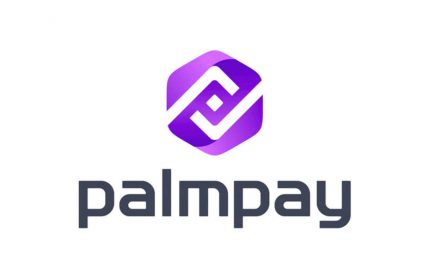The Nigerian fintech startup space is one of the fastest-growing sectors and this is evident in a recent survey carried out by Ernst & Young in collaboration with the FinTech Association of Nigeria (FintechNGR).
According to the survey carried out on about 290 startups, at least 57% of fintech startups – making up 165 of the total – reportedly generate an annual revenue upward of $5 million.
The report further added that 85% of these startups are post-revenue companies, meaning that they have begun to generate sales and are now working through the stages of efficiency and scalability.

Source: Financial Technology
Interestingly, approximately 76% of the entire post-revenue startups are profitable and generate consistent and growing revenues.
The report failed to include a breakdown of the revenue sources for the startups, neither did it include the current stage/phase at which they operate.
However, going by the reports of various industry analysts and experts, the majority of these fintech generate revenue from commissions on payments and transaction charges.
Although relatively new when compared to the global market, Nigeria’s Fintech space remains one of the most highly invested in the African continent with total funding value approaching the $1 billion mark.
ALSO READ: Nigeria’s Fintech Revenue To Reach $543million By 2022
Also, unlike other sectors, the Fintech startups have witnessed more coverage and account for more than three-quarters of the total startup investment.
While the above claim is unarguably correct, it justifies the performances of some notable players in the space, especially the likes of Interswitch and Flutterwave, both of which have achieved the unicorn title in a relatively short period.
Paystack’s acquisition by American payment giant, Stripe, is another proof that the Nigerian fintech space is a highly reckoned one and has proven to be the right investment zone.
Despite its high success, the Nigerian Fintech space remains highly untapped
While the report by EY and FintechNGR points at profitability in Nigeria’s fintech space, several reports, including that of McKinsey, indicate that the potential opportunities in the space are still very vast and mostly untapped.
“Fintech accounted for only around 1.25 percent of retail banking revenues in 2019. And while fintech investments in Nigeria grew to approximately $460 million in 2019, the majority of which was from external investors, this was only a small fraction of the $36 billion invested in fintech globally,” part of McKinsey’s report revealed.
Although the current investment in Nigeria fintech has now surpassed double the amount recorded in 2019 and fast approaching $1 billion, there is still more to be achieved in the sector.
Also, considering that the rate of financial inclusion is still relatively low with barely 50% of the bankable population of about 120 million financially included.
Similarly, an in-depth look into the number of adults without BVN reveals that at least 57 million adults either lack a back account or access to other type of financial services.
While the high rate of the unbanked population clearly poses a major setback for the Nigeria economy, it also spots a vast opportunity for fintech players to leverage on the provision of financial access for the unbanked population.
Albeit, in order to achieve a greater success, there is a need for both local and foreign investors to further invest in the sector.



















 and then
and then